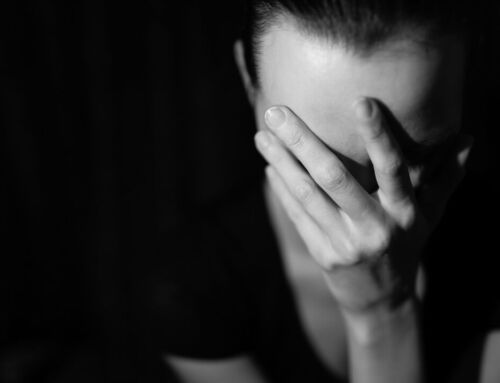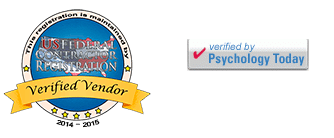Ways that you can get involved and learn more about this month.
Mental Health Awareness Month is observed every May 1. Established in 1949 by Mental Health America, this month-long observance aims to increase awareness about mental health issues, reduce stigma, and promote mental health wellness.
It’s a time dedicated to raising awareness about mental health issues, reducing stigma, and promoting resources and support for those affected by mental health conditions.
Organizations like the National Alliance on Mental Illness (NAMI) and the Substance Abuse and Mental Health Services Administration (SAMHSA) lead various campaigns and events throughout the month. This year’s theme, “In Every Story, There’s Strength,” emphasizes the resilience and diverse experiences within mental health journeys.
Events and Activities
- Webinars and Workshops: Many organizations host online events coon topics such as stress management, coping strategies, and mental health in the workplace.
- Community Walks and Runs: Participate in local events to raise awareness and funds for mental health services.
- Social Media Campaigns: Join conversations using hashtags like #MentalHealthAwarenessMonth and share your own experiences or support messages.
Over the years, these campaigns have made significant strides in raising awareness.
1. Heads Up
This campaign, launched by the FA and Heads Together, aims to get men talking about mental health as much as they talk about football. It features prominent figures like Gareth Southgate and Prince William sharing personal stories to help break the stigma around men’s mental health.
2. Britain Gets Talking
Launched by ITV during Britain’s Got Talent, this campaign encourages people to turn off their TVs and have meaningful conversations with each other. It aims to promote mental wellness and has reached millions, enabling them to connect with friends and family.
3. Reverse Selfie by Dove
This campaign addresses the impact of social media on young women’s self-esteem. It highlights the insecurities faced by young women and encourages natural beauty and self-acceptance.
4. #WhatsYourName by Starbucks
This campaign celebrates identity and acceptance by telling the story of a transgender person trying out their chosen name for the first time at Starbucks. It emphasizes inclusivity and the importance of being recognized for who you are.
5. Locked Down and Out by The Gate London for the LGBT Foundation
This campaign was created to raise awareness of the challenges faced by the LGBTQIA+ community during the pandemic, particularly those stuck at home with unsupportive or abusive family members.
Resources
- Educational Materials: Websites like NAMI and SAMHSA offer brochures, articles, and videos on various mental health topics.
- Support Groups: Find local or online support groups where you can connect with others who understand what you’re going through.
- Mental Health Screenings: Use various organizations’ free or low-cost mental health screenings.
Ways to Support
- Volunteer: Offer your time to local mental health organizations or helplines.
- Donate: Contribute to mental health charities to help fund research and support services.
- Advocate: Speak about mental health issues to help reduce stigma and promote understanding.
How Behavioral Crossroads can help with mental health:
Our Mental Health Partial Care Services are designed for adults who need more help than what is provided in outpatient therapy but who don’t require 24-hour hospitalization. Crossroads provides a therapeutic day treatment program to help individuals with psychiatric illnesses and related problems.
Crossroads works with individuals who struggle with such mental illnesses as major depression, generalized anxiety disorder, bipolar disorder, schizophrenia, or schizoaffective illness. In addition, the program addresses individuals with co-occurring substance abuse disorders and/or who have challenges with managing pain medications. Mental health programs for adults are offered at Crossroads Recovery in New Jersey as an outpatient option for those who need a day treatment program. Visit our website www.behavioralcrossroads.com or call us at 855-679-5138.



